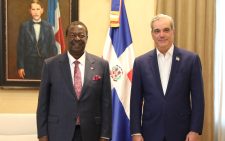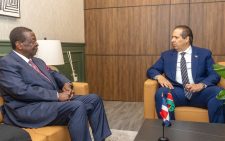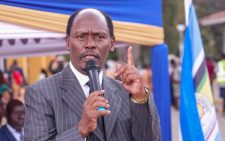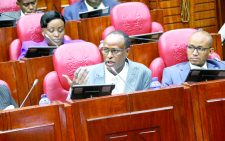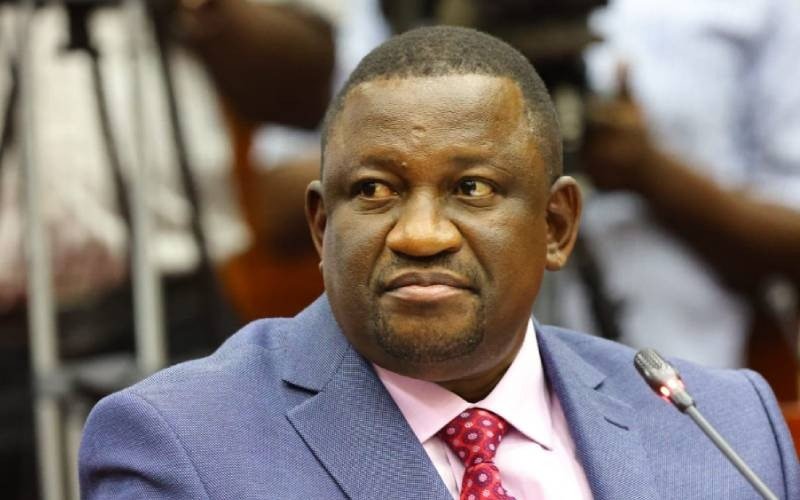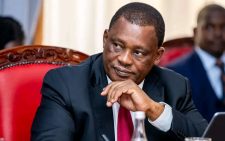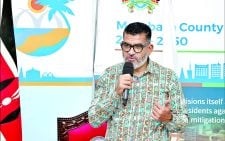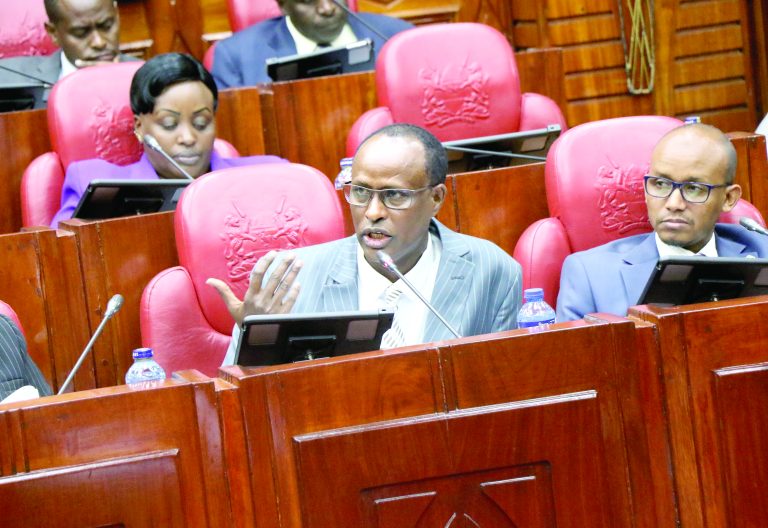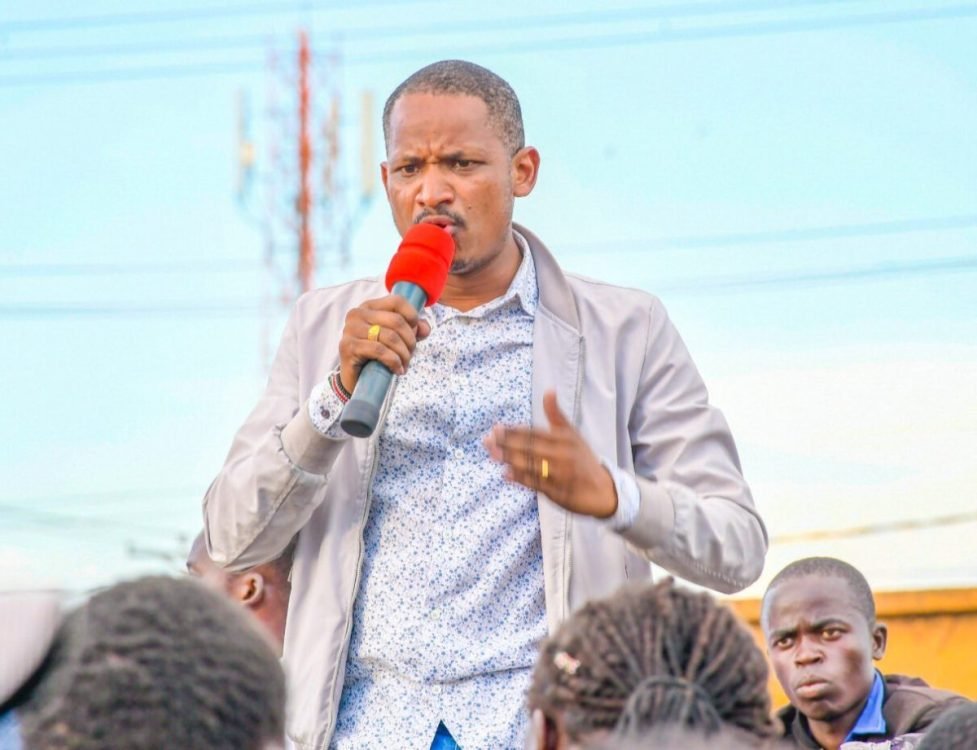Mudavadi: No parallel Sudan govt was formed in Nairobi

Prime Cabinet Secretary and Foreign Affairs Cabinet Secretary Musalia Mudavadi has firmly denied reports that a parallel government of Sudan was formed or declared in Kenya, describing such claims as misleading and inaccurate.
Speaking during the quarterly diplomatic briefing on Tuesday, April 8, 2025, Mudavadi sought to clarify Kenya’s position following a February 2025 meeting in Nairobi involving Sudan’s Rapid Support Forces (RSF), along with allied political and armed groups.
The meeting raised speculation over the possible formation of a government-in-exile after the groups signed a charter that some participants, among them al-Hadi Idris and Ibrahim al-Mirghani—told Reuters was aimed at creating a government of peace and unity.
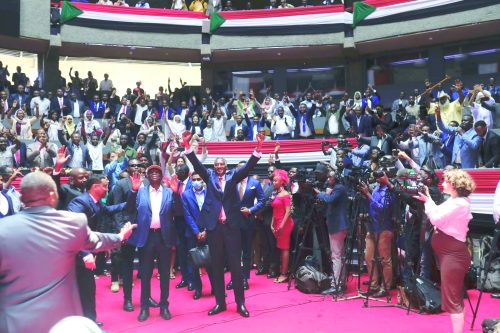
However, Mudavadi firmly rejected these claims, insisting that no such declaration had been made on Kenyan soil.
“For the avoidance of doubt, no government of Sudan was declared or formed in Kenya in Nairobi. I want that to be understood very clearly because there has been some misinformation that a parallel government of Sudan has been formed in Kenya,” Mudavadi stated.
According to Mudavadi, the Kenyan government examined documents from the meeting and found no indication of any government formation.
“That is not true, and we have had the chance to look at their documentation. There’s no such wording of a government being formed in Kenya,” he stressed.
Misinterpretation of terminology
Mudavadi also addressed concerns about the use of the term “self-determination.”
He acknowledged that the concept of self-determination is often misinterpreted as a move toward independence or secession.
However, he noted that it is a principle that exists in many constitutions across the region and should not be interpreted as support for secession or the disintegration of Sudan.
“Sometimes, self-determination can be seen as fighting for independence, but in a number of constitutions in the region, the terminology appears in number of clauses. So in this case, the principle of self-determination should not be construed as if Kenya is facilitating a separatist state,” he explained.
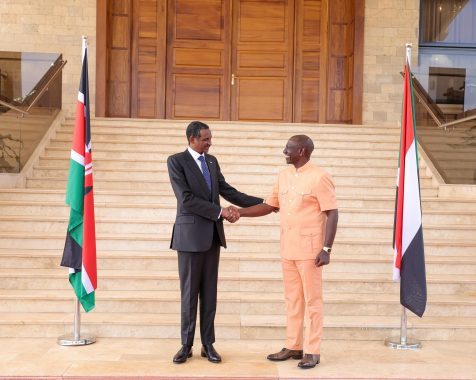
The Foreign Affairs CS reaffirmed Kenya’s commitment to Sudan’s territorial integrity and political stability.
“We stand for a peaceful Sudan, a unified Sudan, one Sudan, and it is important that they get together,” he said.
Kenya’s role in regional mediation
Mudavadi defended Kenya’s role in hosting dialogue between various political actors, framing it as part of the country’s established tradition of mediation in regional conflicts.
“Our issue as a country is that we believe in mediation, and there will be different countries from time to time that may have challenges. Kenya will not shy away from offering an opportunity for peaceful conversations as we have done in the past for Angola, as we are doing for South Sudan, as we have done for Somalia,” Mudavadi noted.
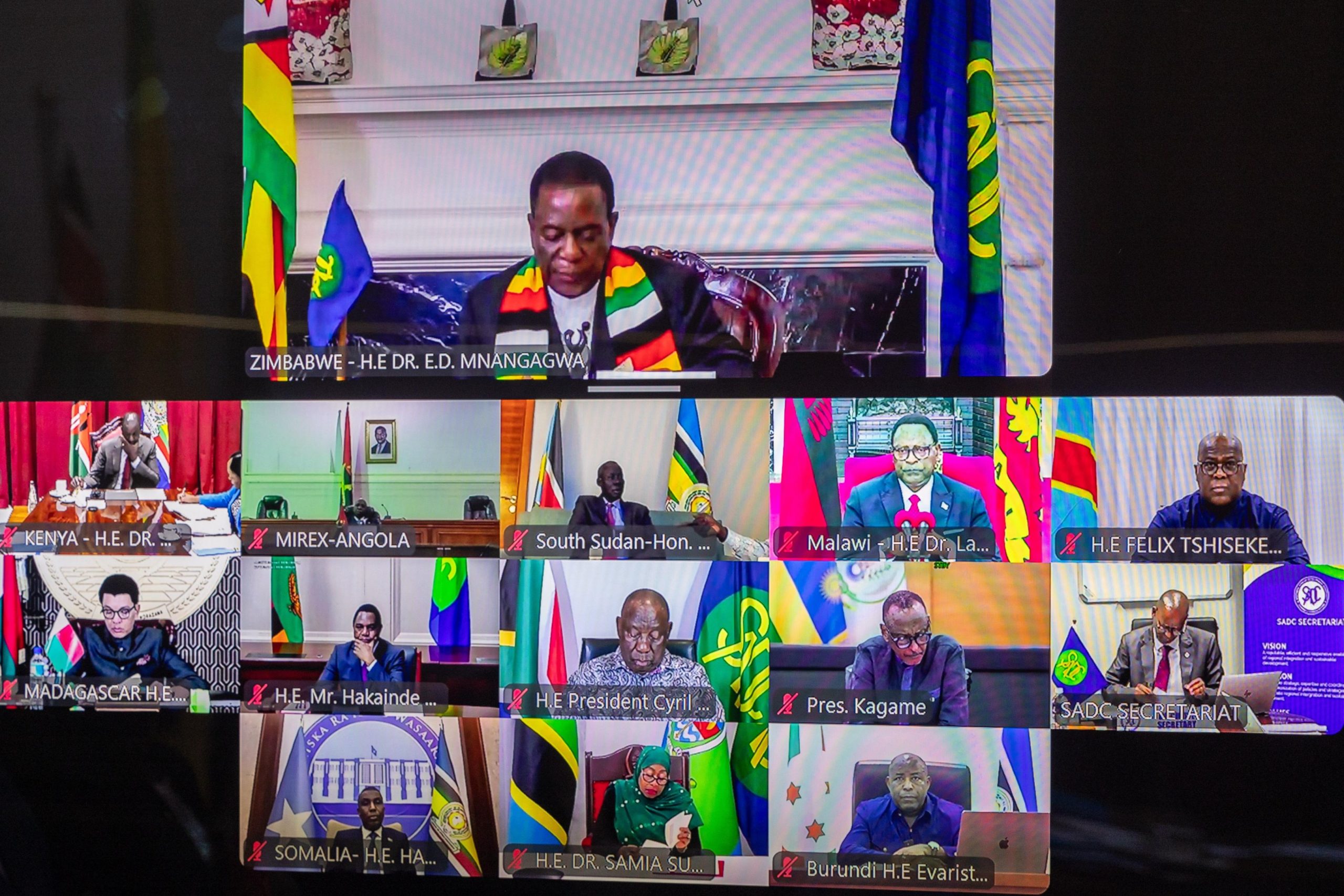
While reiterating Kenya’s commitment to facilitating dialogue, Mudavadi drew a clear line regarding the establishment of alternative political structures on Kenyan soil.
“We shall continue to encourage that kind of conversation, but we shall not form governments in exile in Nairobi for other countries. Those must be determined by the people themselves,” he concluded.
Sudan’s response
Despite Kenya’s stance, these developments have not gone unnoticed in Khartoum.
On March 13, 2025, Sudan’s transitional government suspended all imports from Kenya, citing the Nairobi meeting as the reason.
“The import of all products from Kenya via all ports, crossings, airports, and entry points is suspended starting from this date until further notice,” a decree issued by Sudan’s Acting Minister of Trade and Supplies Omar Ahmed Mohamed Ali reads.
The directive cited Cabinet Decision No. 129 of 2024 and Cabinet Decision No. 104 of 2021, alongside recommendations from a committee established to address Kenya’s hosting of the RSF and its affiliates.
Sudan said the move was necessary to protect its “supreme interests,” reinforce its sovereignty, and safeguard national security.
In an earlier statement on March 3, 2025, Sudan’s Ministry of Foreign Affairs described Kenya’s stance as an irresponsible approach.
Sudanese Foreign Affairs Ministry argued that allowing the RSF to sign the charter in Nairobi risks sliding Kenya into the rogue state category.
